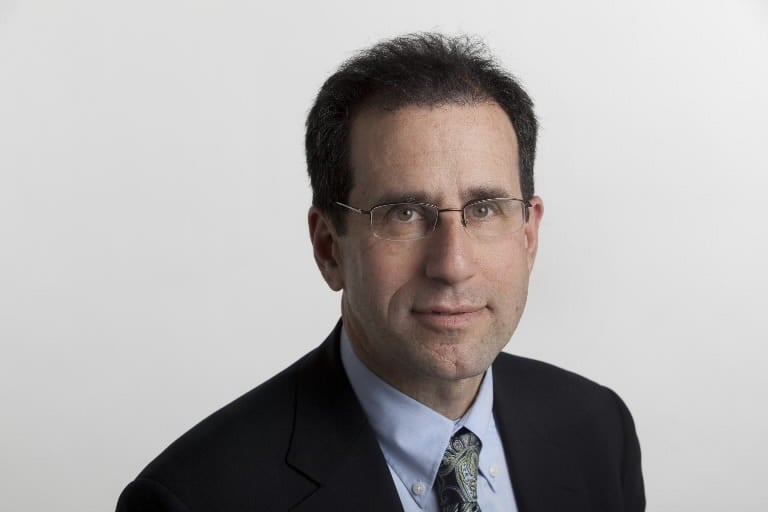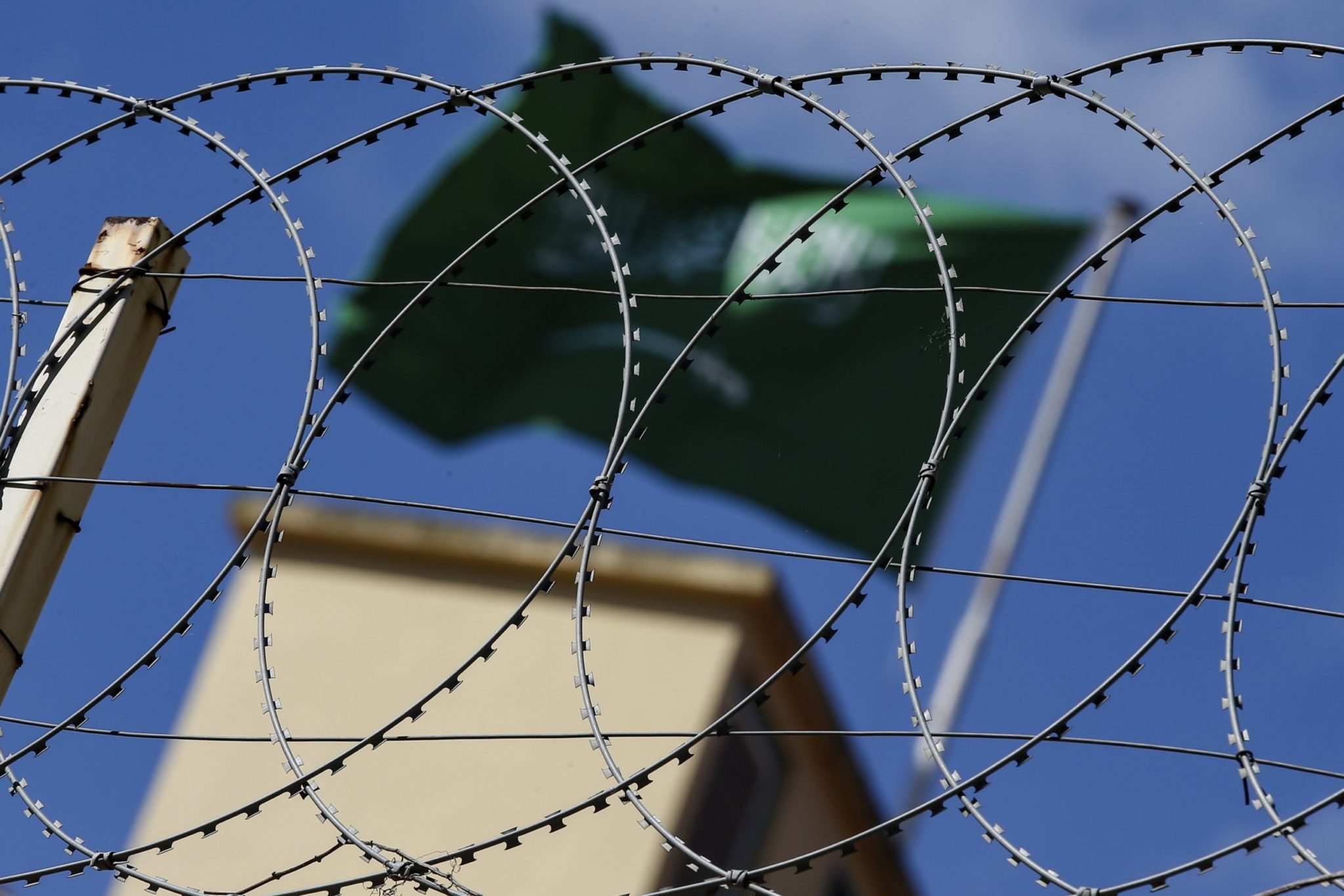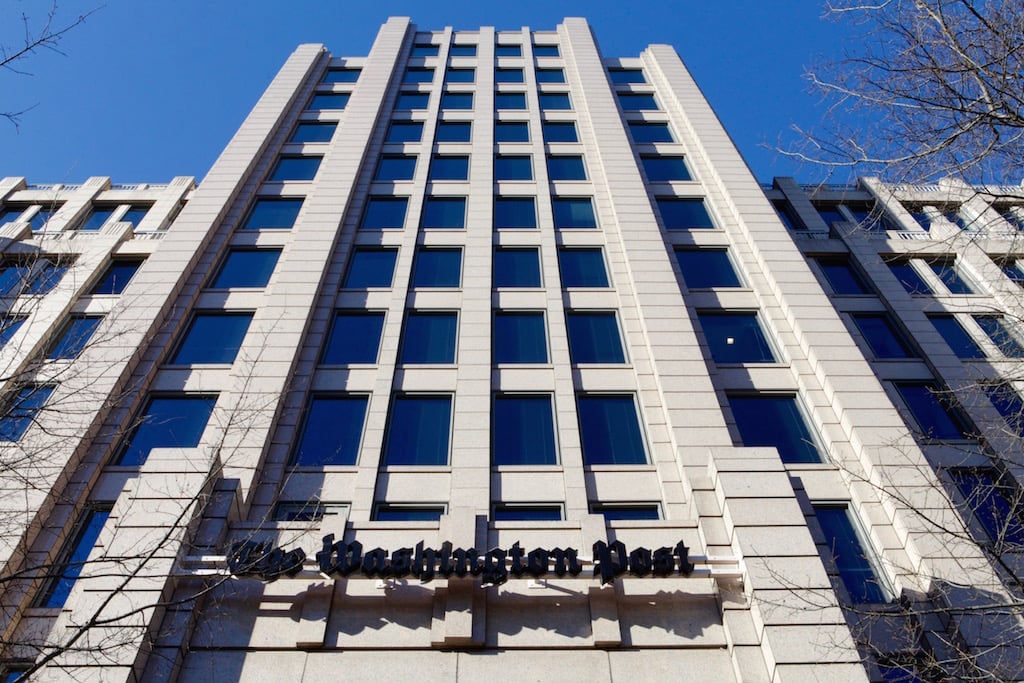In the 72 hours after Washington Post columnist Jamal Khashoggi disappeared from the Saudi Arabian consulate in Istanbul on October 2, leaders inside the newsroom marshaled the Post’s institutional clout to mount a feverish campaign, both in Washington and abroad, to bring the journalist home alive. Few were more enmeshed in the diplomatic frenzy, or drawn into the anguish of the bleak conclusion that Khashoggi was murdered, than Fred Hiatt, who oversees the Post’s opinion section where Khashoggi affixed his byline, and made his home, for more than a year.

Any news organization that reports outside the US must navigate the politics of repressive governments and censorious functionaries. But the Post has even more recent experience: The paper’s Tehran correspondent, Jason Rezaian, spent 544 days detained in Iran, before the Post helped win his release in 2016. With Khashoggi, says Hiatt, the sense of loss is acute.“We’ve been totally consumed” in the days since, he says, by the effort to “press for a full accounting of what happened.”
Hiatt spoke to Washingtonian by phone. This interview has been edited and condensed for clarity.
How is your team handling the loss of Khashoggi?
This is hard for everybody in the Post newsroom. I think our first reaction when he went missing was disbelief. I just couldn’t fathom that a government would do something that’s both so monstrous and so stupid. For a number of days, I think we all tried to keep some flicker of hope.
We had this final column, which he had filed the day before he entered the consulate. We kept holding the column, hoping that we could go through that normal editing process.
Everybody who’s involved in this has moments, when we think about Jamal, or we meet his kids. Or we read about the gruesomeness of what’s alleged to have occured. People have a hard time with it. I think for the most part though, people feel fortunate to be in a place that has our back, has Jamal’s back, and is committed to his enterprise.
How did the first 48 hours play out for you?
The first I heard about it was from Karen [Attiah, Khashoggi’s editor] on Tuesday night, October 2. She had heard from Jamal’s fiancé that Jamal was missing. It was kind of a moment of confusion, because—I mean really—who could imagine that the sovereign government would lure a respected, patriotic, 59 year-old journalist into their own diplomatic compound, in a foreign country? And then have him disappear? It is unfathomable. It’s still unfathomable to me. And so when Karen first said Jamal is missing, and that his fiancée is worried—that’s not what occurred to me first. I think we all assumed, Okay, he’s going to show up in the morning.
So by Wednesday morning, all of our energy was on finding out where he is. And if he’s still in Turkey, let’s make sure, whatever we can do, to keep him from being taken to Saudi Arabia.
Our worst fear was that they were going to take him back to Saudi Arabia. I felt like once they did that, it would be very hard to get him free again. There would be some trumped up charges—they’d come up with something about a kited check, or some other total fiction, and then put him in prison.
This Post has dealt with this situation before in the case of Jason Rezaian. Was there a protocol in place for the paper to follow when Khashoggi went missing?
There’s no written protocol. I was immediately in touch with Fred [Ryan, the Post’s publisher]. Fred, Jackson [Diehl, deputy editorial page editor], our columnist David Ignatius and I were all trying to call anybody we could think of—in the US administration, in Congress, and the Turkish and Saudi embassies and governments. I was just reaching out to anybody I thought might have information or might have influence to save his life. And just trying to press the message that it would not be in anybody’s interest to do something bad to Jamal.
The first day or two was [the feeling that] maybe there was some confusion—and it can’t be true. Then it became: If they’re planning some kind of rendition, that would be terrible. But maybe rendition hasn’t happened, because it would be awfully hard to fly him out of Saudi Arabia without the Turks knowing. We continued to try to get the message across: “Don’t do this.”
We were trying to save his life, if that was possible, by getting him free. Over time, as it increasingly seemed not to be a hostage situation, or a prisoner situation, that kind of communication has since stopped, at least for me.
When did it become clear to you that Khashoggi was not alive?
Saturday, information started to come out from Turkish intelligence. That was the first time that it really seemed possible that he was dead. Karen and I had several phone calls. And getting calls from people we know in Turkey, telling us that this is what Turkish officials are saying. Even then, it was hard to believe. That’s when it began to seem like that’s where the story was headed.
I was in New York City with some of my family. I remember exactly where I was. It happens to have been in the Jewish Museum, where I’m told there’s an excellent Chagall exhibition. And getting this call, and just sitting down on the stairs. And being just totally incredulous.
Has the Post met with Khashoggi’s family?
Some members of his family came in on Monday. As you would expect, if you knew Jamal, they were all warm, very impressive people. They came for about an hour.
We invited them. We wanted them to see the Post. And let them know that we were committed to doing whatever we could, to find their father, if he were still alive, and if not, to press for the full facts of what happened. For those who were there.
The newspaper has been pounding this story from all angles—in a single day, the Post published five stories, two op-eds, and an editorial on Khashoggi’s disappearance. You tweeted, “Will you work for a murderer?” as a challenge to Washington lobbying firms taking Saudi money. It reminded me of the buttons staffers wore around the newsroom to support Jason Rezaian. How does a newspaper balance reporting on an issue, in which the paper itself is the aggrieved party and central activist?
Like with Jason, I think we all feel that it’s important that the Washington Post stick up for its own people. And we’re going to do that. But there’s nothing we are doing or saying that we don’t believe, or that I wouldn’t’ be saying or doing in response to a monstrous crime like this, whether Jamal had written for us or for somebody else. If you go back and look at our editorials, we’ve been a very strong voice for human rights for Saudi Arabia, we’ve written lots of editorials about Raif Badawi, the blogger who’s in prison for peaceful expression for his view. We’ve written about women who were arrested for advocating for their right to drive. We’ve written about this ridiculous overreaction against Canada, when Canada spoke up for human rights. So everything we’re doing is totally consistent with what we were writing.
On my side, it really has been all hands on deck. Especially, being led by Jackson Diehl, whose written most of our editorials on this since it happened. Eli Lopez and Karen Attiah, Ruth Marcus and Michael Larabee from the op-ed side, and Becca Clemons, making sure that we’re finding the largest possible audience for what we’re doing.
In a recent article, Glenn Greenwald pointed out that some of your op-ed contributors themselves were working for firms that held contracts with Saudi Arabia. Some of them had published op-eds even after Khashoggi’s disappearance.
Once we took an editorial position—that we thought it would be wrong for anyone to do business as usual with the Saudis until have a full accounting—we realized that we couldn’t keep publishing opinion writers that were working with firms that were doing business with the Saudis.
It wasn’t an ultimatum, it was just a statement of fact: If they had those relationships, we couldn’t in good faith be publishing them in the Post. The same day I sent them that message, their firms ended their relationships.
You published Khashoggi’s final column yesterday, which you mentioned earlier that you tried to delay as long as possible. Was the column an artifact of your hope about Khashoggi’s whereabouts? Which is now extinguished?
A little bit. When we published it [yesterday], it was an acknowledgement to ourselves that it doesn’t seem as though he’s going to be writing another one.
But in the meantime there are people all over the world who are horrified by this. And I feel at least fortunate to be in a place where I can try to do something about it. We’ve been totally consumed with what I see as our mission in this case, which is to press for a full accounting of what happened, then full accountability for whoever is responsible.
As we said in one of our early editorials, this is a mystery, but it’s not a normal mystery. It’s one that could be solved in a second. There are people who know exactly what happened, and there are three governments, who, if all three were committed to putting out the truth, we would already know the truth. At least two of the governments, so far, have not seemed committed to that.
In the face of that, I feel like the only tool we have is good journalism. The primary facet of which is what our news side is doing, which is reporting every day, and finding out more stuff. And then what I can do is try and spotlight that reporting. And in various ways, remind readers—remind ourselves—of what the stakes are.
















